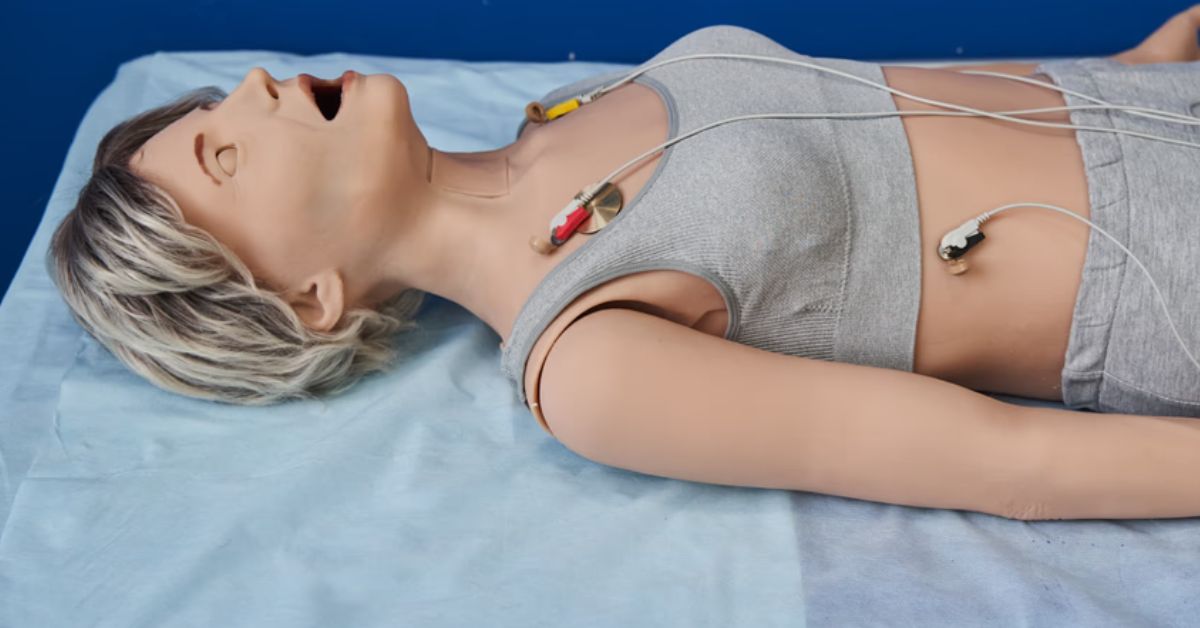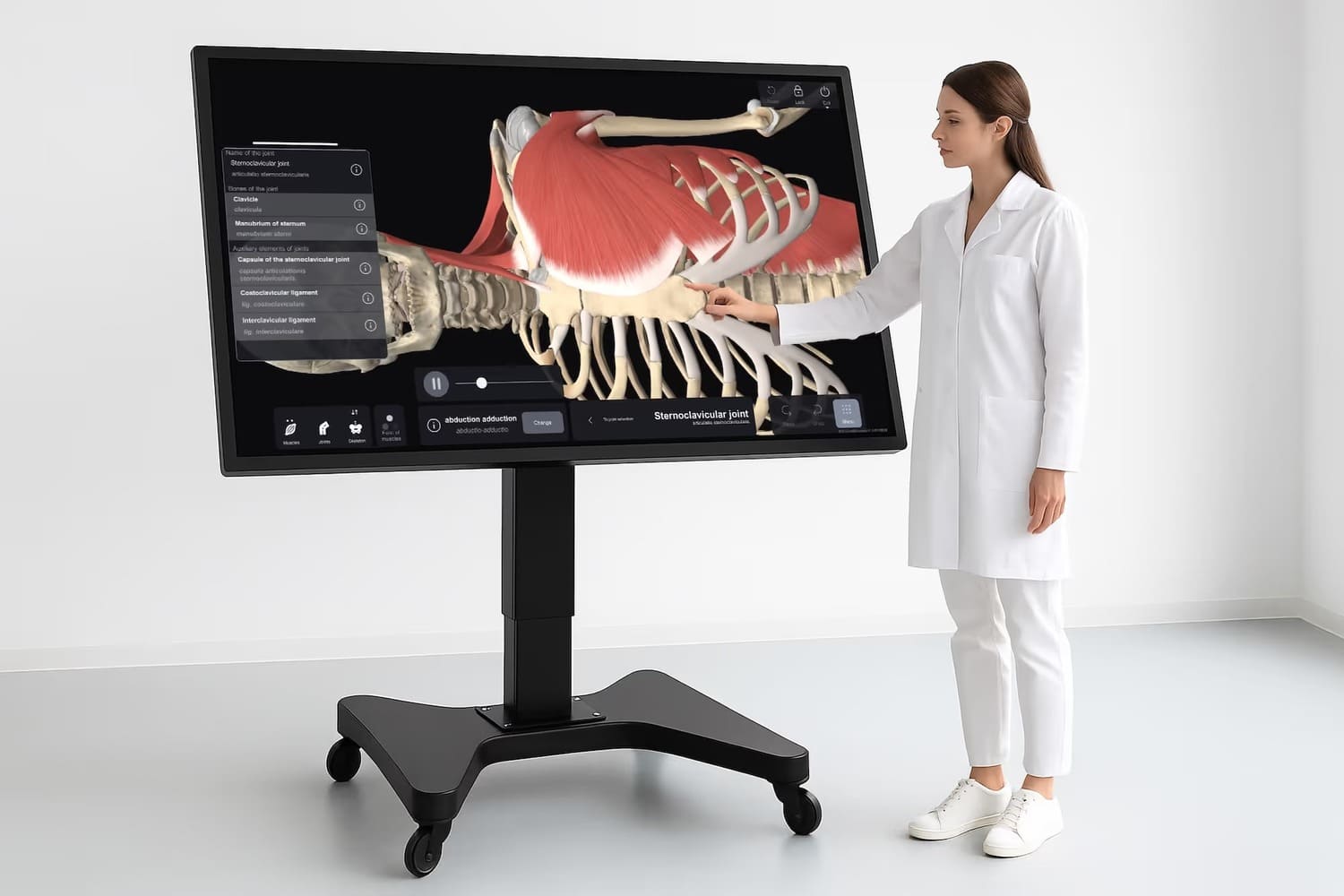
What To Consider Before Choosing A Patient Simulator
Whether you’re a seasoned professional looking to enhance your clinic or a teacher of medical students, using a patient simulator can be invaluable. Before choosing a patient simulator, you should think over some important factors. Then, you can get the experience or provide it to your students in a way that’s both effective and educational.
Understand Your Objectives
Before choosing a patient simulator for your practice or school, you need to have a clear understanding of your objectives. What do you hope to accomplish by using a patient simulator? Are you looking to improve technical skills, communication skills, or both? Having a clear goal in mind will help you choose the simulator that best fits your needs.
Consider the Type of Patient Simulator
Even with a clear understanding of your objectives, you need to consider the types of patient simulators and their unique capabilities. Some may have advanced features, such as physical response to treatment or artificial intelligence to mimic human reactions. Others may focus on communication and interpersonal skills. It is important to consider which type fits your objectives and training needs so you get a patient simulator suited for your clinic or school.
Plan Scenarios Carefully
Another important thing to consider before getting a simulator is the scenarios you’ll encounter in the field. Creating realistic scenarios requires meticulous planning. Think about the learning outcomes you want to achieve, the roles of participants, and potential challenges that may arise during the scenario. Collaborate with colleagues to choose the most beneficial patient simulator.
Evaluate Fidelity Level
Fidelity refers to how closely a simulator mimics real-life situations. High-fidelity patient simulators may have more realistic features, such as lifelike skin, accurate anatomical body parts, and even the ability to speak or emit sounds.
Fidelity is great for honing skills or conducting high-stakes scenarios, but it affects the cost of the mannequin. Low-fidelity simulators may be suitable for basic skill training. Carefully consider the necessary fidelity for your objectives and budget, and remember that a combination of fidelity levels could be best.
Patient simulators can be valuable tools for healthcare training and education, so consider these factors before choosing one. If you need a female patient simulator or other healthcare training tools, let MedVision help. With our expertise and high-quality simulators, you’re sure to get the educational partner you and your team need to make education and training easy.
Immerse yourself in a demo to see how MedVision transforms traditional learning into an engaging, interactive experience
Subscribe for the Latest News!





